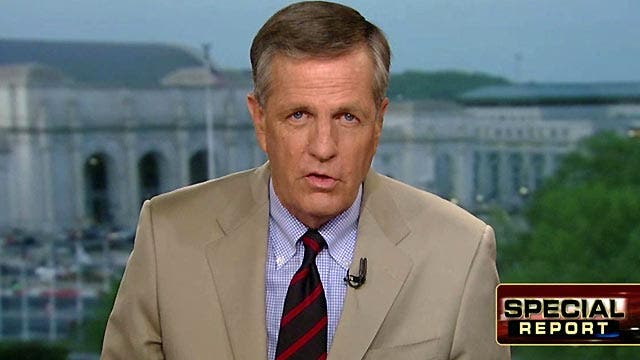President Obama's handling of the deteriorating situation in Syria follows a pattern traceable through much of his political career. When the issues are difficult and the options unappetizing, he tends simply to go away.
Recall his history of voting present in the Illinois legislature. But when you're president you can't simply vote present.
Eventually, you have to decide. So he often decides but says as little about it as possible. His decision to send small arms to the Syrian insurgents was announced by a junior White House aide. We've heard nothing since.
When the NSA phone number database blew up into headlines, Mr. Obama answered a question about it in passing, but then went silent.
It has fallen to members of both parties in Congress and to the likes of Dick Cheney to mount a public defense of the program. But none of them has the platform or the megaphone commanded by the president. He, though, apparently feels that to use it on such issues as Syria and the NSA would only call attention to policies his allies on the left are already upset about. Which raises the question of whether Mr. Obama's decision to both do and say as little as possible on the fateful night in Benghazi, Libya last September sprang from the same political impulse.
But foreign policy and defense are the one area in which the federal government and the executive branch have sole responsibility. Silence may be a way to duck but it is not a way to lead.






















